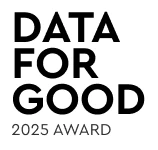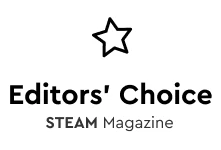The Choice Paradox
It seems we keep asking for more options, while looking for a reason.
Marketing once promised freedom through abundance. Rows of products, endless scrolls of content, personalization without limits. Yet somewhere between more and too much, we lost the feeling of choice itself. What began as empowerment now often feels like noise.
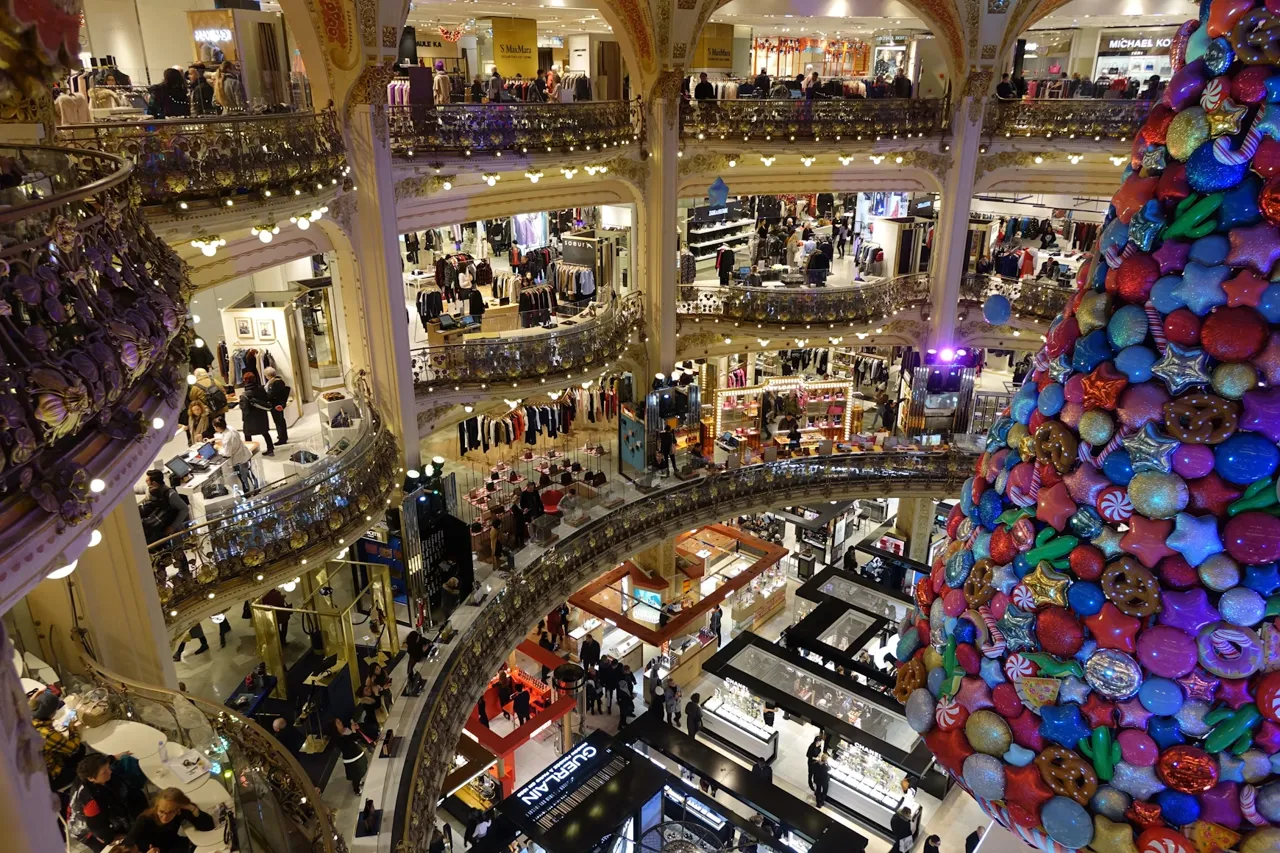
The burden of freedom
When everything is available, responsibility quietly shifts from maker to buyer. Every click becomes a confession of taste, every decision a reflection of self. The fear of choosing wrong grows larger than the joy of choosing at all.
Freedom starts as a gift and ends as a task.
Regret is not an afterthought of choice; it is its shadow. As soon as options multiply, imagination fills with what might have been. The result is hesitation, not liberation. People retreat to what feels safe, not what feels right.
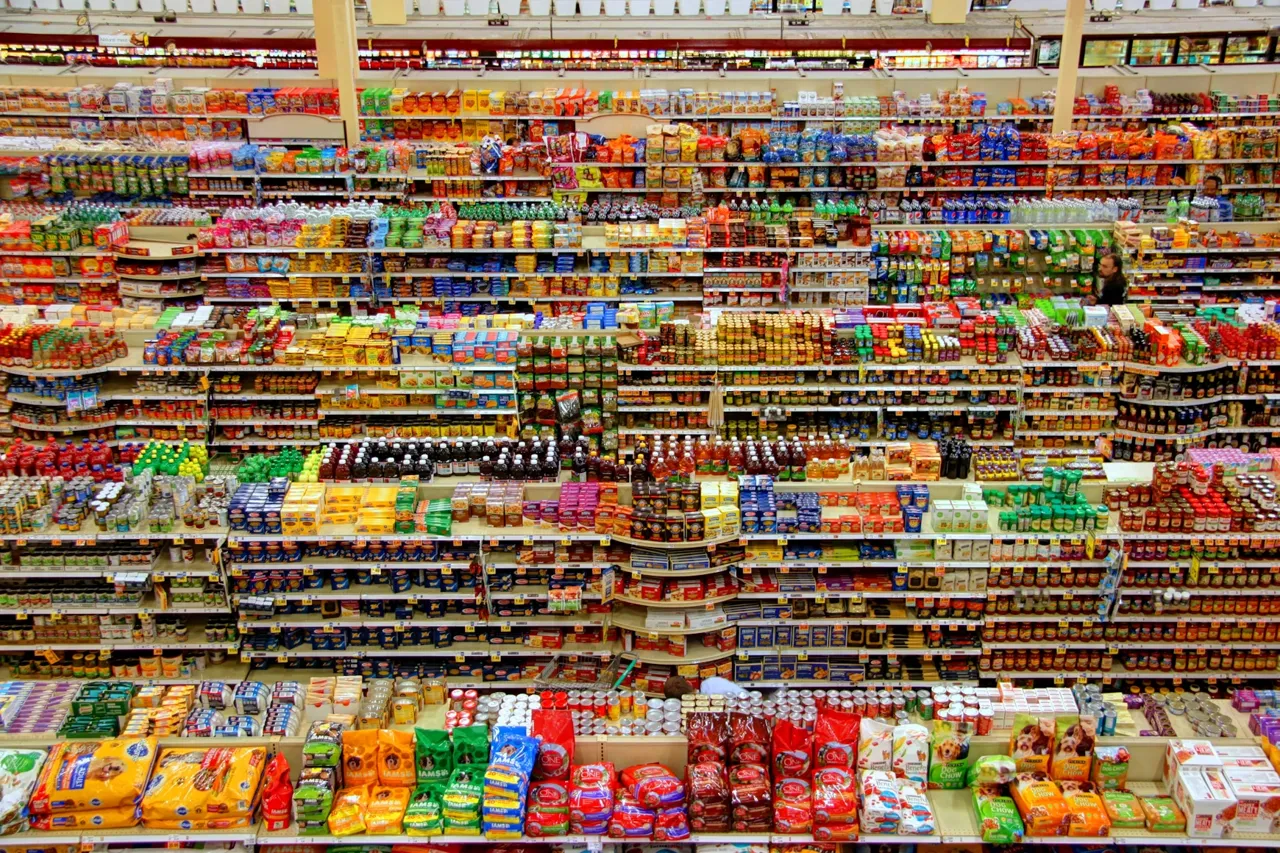
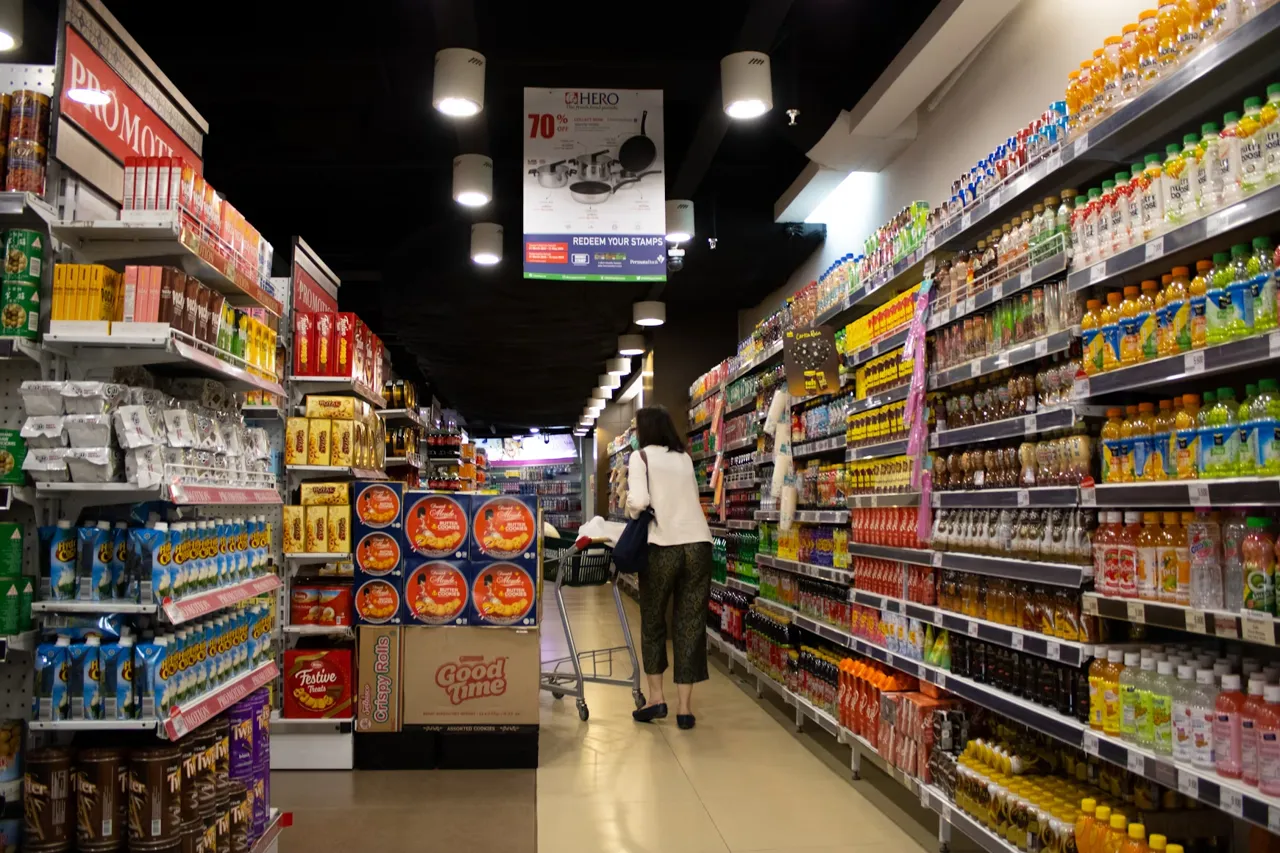
How abundance dulls emotion
Choice fatigue doesn’t just slow decisions; it thins emotion. When the mind is overloaded, the heart disengages. What was once a spark of desire becomes a calculation.
When choice overloads the senses, emotion leaves the room.
A few revealing studies show how predictably people pull back:
- Too many jams on a table reduced sales by almost tenfold.
- More retirement plans meant fewer sign-ups.
- Expansive product lines led to flatter satisfaction.
Abundance doesn’t enrich experience. It dilutes it.
The art of meaningful limits
Simplicity is not minimalism. It is mercy.
Curation is becoming an act of empathy. The smartest brands are not those offering the most, but those shaping the noise into sense. Each limit signals confidence, a silent message that someone has done the hard thinking on your behalf. Meaningful limits do not reduce freedom. They refine it.
- Apple narrows its range, inviting depth over distraction
- Trader Joe’s shelves feel human in their restraint
- Boutique labels like Sézane release brief, deliberate collections that breathe
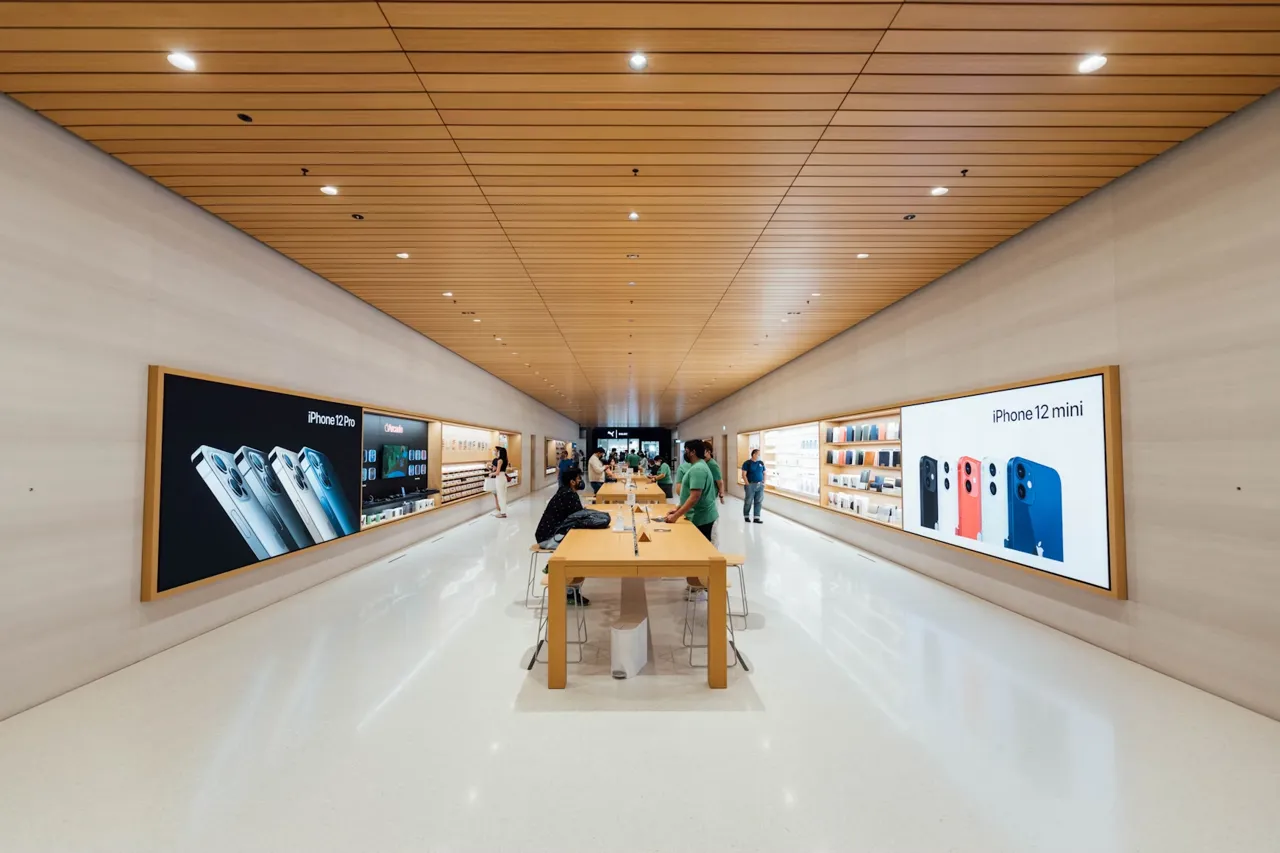
Guiding, not narrowing
The psychology of presentation has replaced the race for quantity. A good decision path feels natural, not constrained. It gives users the comfort of clarity without taking away control.
The best design is invisible until the moment it saves you.
- Group choices by story, not by spreadsheet logic
- Offer intelligent defaults that feel personal, not prescriptive
- Show progress to create momentum instead of confusion
From markets to meaning
The rarest luxury today is clarity.
Marketers are beginning to see the paradox not as a problem but as a mirror. The task is no longer to multiply options but to restore coherence. Each decision made easily, each product chosen without fatigue, is a small act of peace in a crowded age.
The future of marketing will not belong to those who can tempt us with everything, but to those who can remind us why we choose at all.

